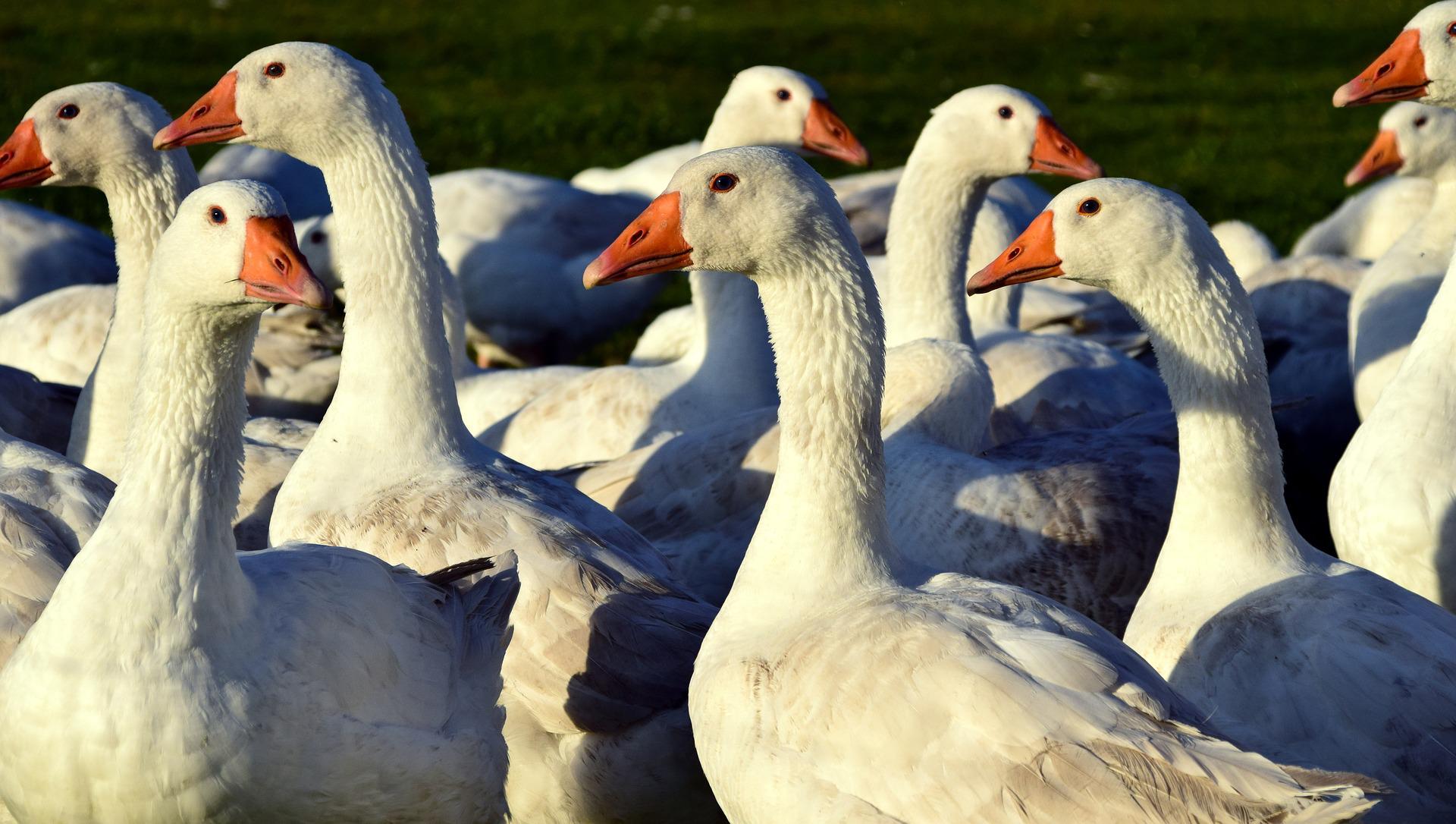Vaccinating against avian influenza: Euro Foie Gras supports the European Commission in this direction and calls for maintaining export possibilities

Euro Foie Gras welcomes the decision of the European Commission to address the issue of vaccination of animals and in particular poultry within the European Union (EU). The Commission is about to adopt a delegated act aiming at defining the conditions of use of veterinary medicines and vaccines, in particular against avian influenza. Euro Foie Gras contributed to the public consultation in view of the adoption of this delegated act in order to highlight the issues and concerns of the sector.
The European poultry sector, including fat palmipeds (ducks and geese), has suffered from recurrent outbreaks of avian influenza over the past five years, with serious economic repercussions across the EU. In response to successive outbreaks, fat palmiped breeders have invested heavily and put in place strict biosecurity and surveillance rules to prevent and control avian influenza and to limit the risk of future spread, such as sheltering animals or reducing stocking densities.
However, despite the many efforts made by farmers in terms of biosecurity, avian influenza has not been eradicated. For this reason, Euro Foie Gras considers that vaccination represents an indispensable complementary tool for the prevention and control of this animal disease, in addition to the biosecurity measures already implemented. Furthermore, the protection of breeding flocks through vaccination is becoming a survival issue for this outstanding sector.
However, it is essential that this new tool does not threaten export opportunities for foie gras to third countries. Therefore, Euro Foie Gras has asked the European Commission to quickly discuss with the EU’s trading partners to ensure that the vaccine approach is accepted and does not hinder trade. Finally, it should be ensured that all trading partners respect the rules of the World Organisation for Animal Health (OIE) which do not foresee trade restrictions when a State decides to vaccinate.
